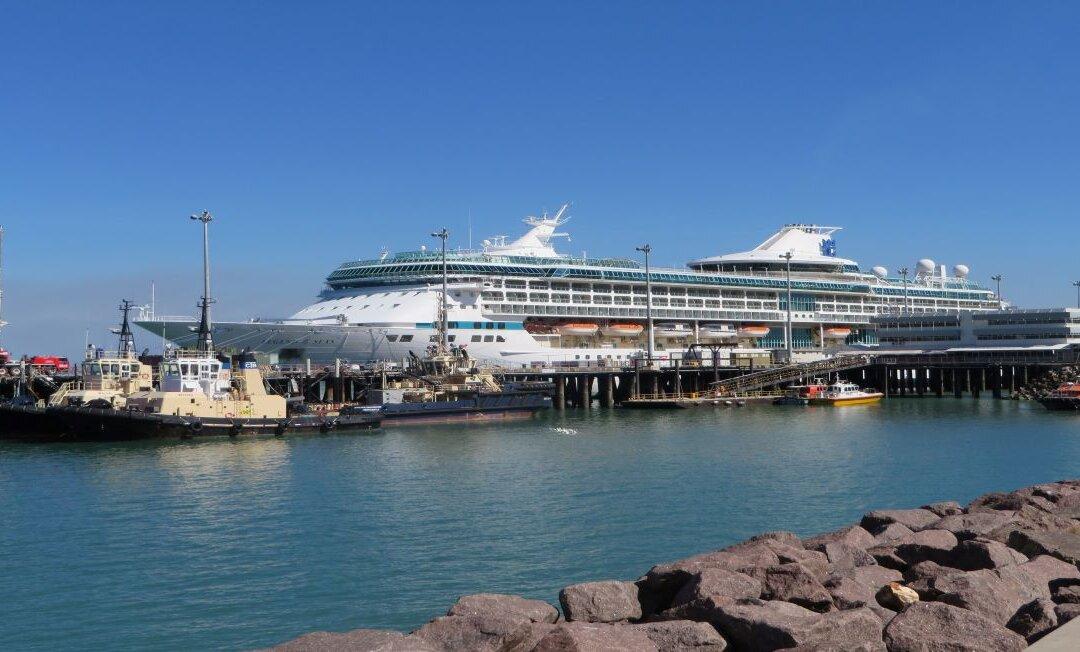Liberal Senator Eric Abetz has welcomed a review into the Port of Darwin’s 99-year lease to a company with strong ties to Beijing and the Chinese Communist Party (CCP), saying it was a “serious mistake that must be rectified.”
This comes amid tense relations between Canberra and Beijing, which sharply declined after Australia called for an inquiry into the origins of COVID-19 and implemented measures to protect its national interests, including reviewing the port lease.





